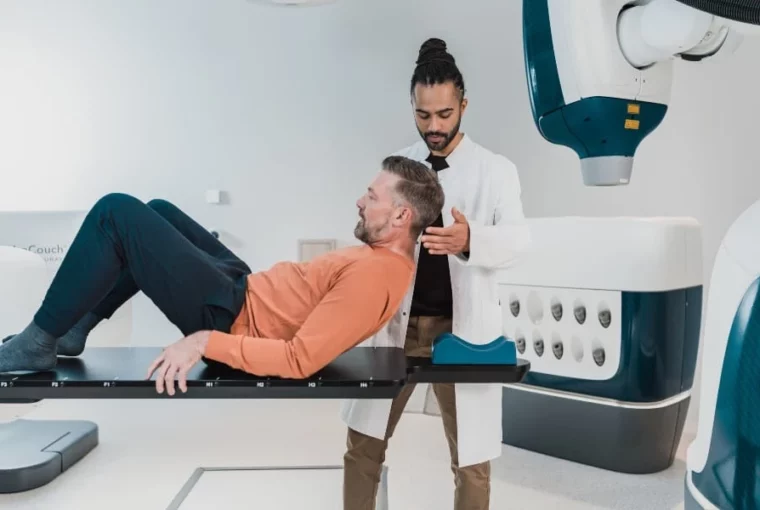The NHS is a national treasure, and one to which practically every household and family in the UK owes a debt of gratitude – whether from getting to the bottom of a nasty flu, or helping to safely bring new life into the world. The vast majority of people’s interactions with the NHS relate to small or trifling issues, from minor injuries to concerning symptoms, and resolve in swift treatment and recovery.
But there are rare occasions in which patients or GP visitors are unfortunate enough to suffer, as a result of receiving the wrong diagnosis for their illness altogether. Many of these people have simply slipped through the cracks of a system experiencing systemic challenges and damaging underfunding, but it is no less important to understand the dangers of a missed diagnosis to an unwell person.
What Causes Misdiagnosis?
Misdiagnosis medical negligence occurs when a medical practitioner arrives at the wrong conclusion with regard to the patient’s symptoms. This wrong conclusion can lead to the prescription of the wrong medication or even the dismissal of the patient altogether. Either way, the true cause of the symptoms can progress and worsen without having been treated – to say nothing of the potential side effects caused by taking an inappropriate form of treatment.
The causes are many and varied, from the sub-par performance of individual GPS to system pressure from patient backlogs, and the necessary fast-tracking of obviously unwell patients. There is little the average patient can do to impact this, aside from understanding the most common illnesses to receive this treatment in order to better advocate for themselves.
The Most Commonly Misdiagnosed Illnesses
Cancer
Cancer can sometimes be a difficult disease to diagnose early, owing to the nebulous nature of its symptoms. There are many different varieties and forms that cancer can take, each with its own subset of symptoms from obvious lumps and body changes to fatigue and lethargy. Even lumps can be misinterpreted as glandular swelling, though – which can allow cancers to spread unnoticed and unchecked until it is too late.
Autoimmune Disorder
Autoimmune disorders are also a broad church, from dietary sensitivities such as coeliac disease to severely impactful degenerative conditions like multiple sclerosis (MS). Catching the onset of MS early can provide better outcomes in the short-medium term, while failure to diagnose properly can quicken the pace at which sufferers become disabled.
Mental Illnesses
Awareness of mental health has skyrocketed in recent years, but it is still possible that certain conditions are altogether misdiagnosed. Depression, generalised anxiety disorder and even bipolar disorder share symptoms between them; the wrong medication granted as a result of misdiagnosis could exacerbate rather than ameliorate symptoms.
Self-Advocacy
As indicated earlier, self-advocacy is crucial in the fight against misdiagnosis. If you do not believe your doctor has gotten to the bottom of your issue, or if you are in any way concerned that things may be worsening, it is important that you seek a second opinion. Note-taking and asking questions can help force a professional’s hand in granting additional tests.




